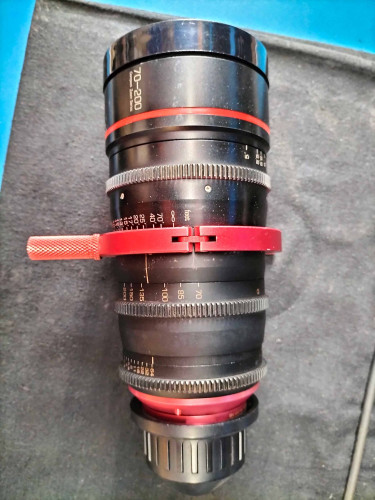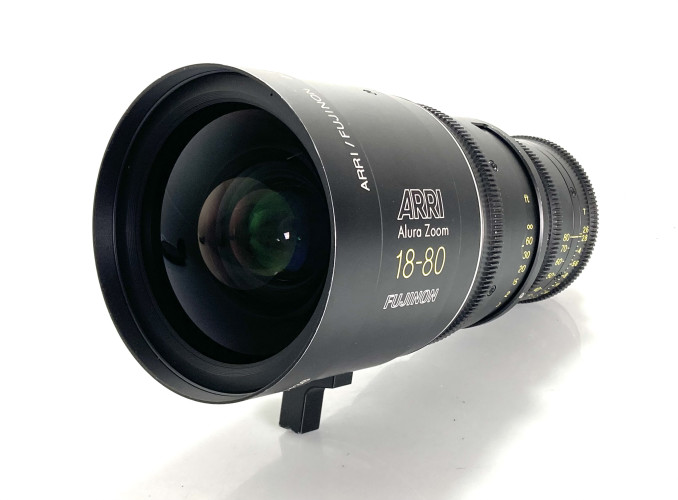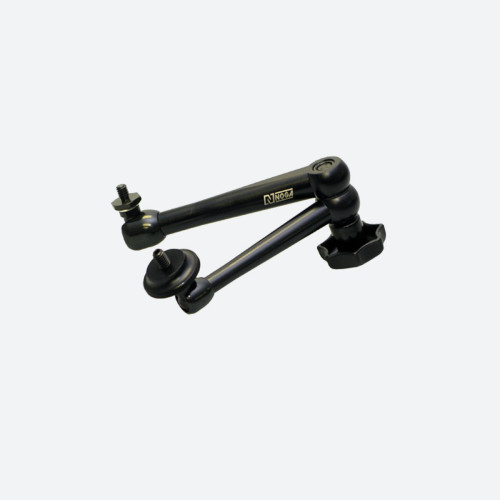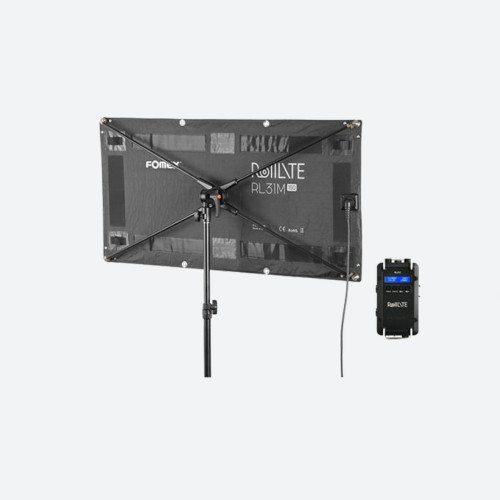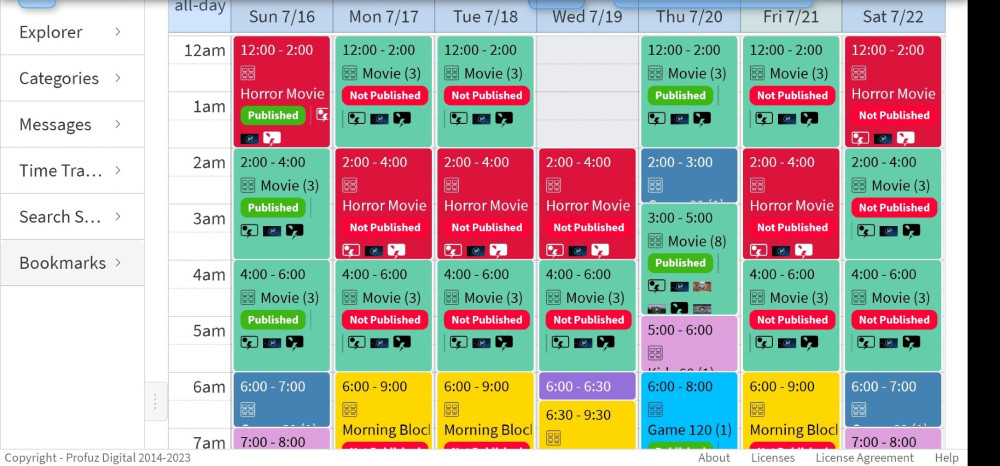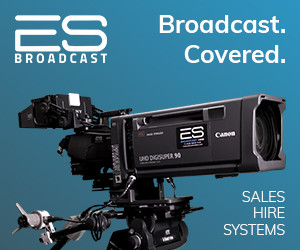by Larry Jordan Issue 109 - January 2016
This week I presented a webinar on how to protect your stuff using archiving. Why? Because hard disks are great for immediate storage, but inadequate for files that you want to keep for a long time.
To help you understand my point of view, backup is something you do on a daily and/or weekly basis so you have fast access to current working files; backup files are generally left on-line. Archiving, on the other hand, is something you do at the end of a project to collect all related files and store them off-line for the long-term; archiving allows you to remove online files.
Hard disks will reliably store data with the power off and stored on a shelf up to about five years. DVDs last about seven years. Flash drives last about eight years. (Source: mDisc). In other words, the tools we use to store media for immediate use are not the tools we want to use to store media for the long term.
The purpose of my webinar was to show how to use LTO (Linear Tape Open Technology) tape for long-term archiving. (And even with LTO, the phrase long-term archiving, is somewhat misleading, as youll read shortly.)
One of the questions that came up during the session was What about mDisc? Why not use them for archiving? This is a great question that speaks to a much larger issue that I want to write about today.
WHAT IS MDISC?
mDisc replaces the traditional organic substrate in either a DVD or Blu-ray Disc with an inorganic substance. Because of this simple change, media stored on an mDisc, according to the mDisc website, can last up to 1,000 years. Even allowing for excessive marketing hype and discounting it by 75%, this means mDiscs will last hundreds of years.
Ive had the chance to talk with the mDisc folks on several occasions and think they have a great idea and are working hard to share it with the world. My problem with mDisc isnt their technology, but the technology industry.
TECHNOLOGY ACTS LIKE THE PAST DOESNT EXIST
Technology, as an industry, acts like the past doesnt exist. As we have seen far too many times in the past, whenever a new idea can do a task better, even if it is incompatible with what has gone before, the new idea wins; even if it is as simple as changing connectors.
My office is littered with the dead-ends of storage technology:
¢ Floppy disks in all manner of sizes
¢ SCSI hard drives
¢ SyQuest drives
¢ Jaz drives
¢ FireWire 400/800 drives
Or, if you need something more dramatic, look at the industry bombshell that exploded four and a half years ago with the release of Final Cut Pro X without the ability to update files from Final Cut Pro 7. The reverberations from that shock are still playing out in our industry today. (Though it should be noted that, in response to this firestorm, Apple worked with independent developers to create upgrade tools which are now widely available through the Mac App Store.)
Or, if you want a more media-centric example, look at film over the last 100 years as weve struggled with:
¢ Various frame rates; including hand-cranked cameras
¢ Various frame sizes
¢ Various film stocks from nitrates to safety stock
¢ Colors fading at different rates
¢ Non-standard aspect ratios
¢ The myriad methods weve used to create special effects.
As media professionals, our job is to create media projects today, then preserve them for the future. The job of technology is to invent the future, without regard to whats happened in the past.
These two missions are in conflict more often than not.
PRESERVING THE PAST FOR THE FUTURE
Which brings me back to mDisc. mDisc has what seems to be solid technology built around the hardware of the past DVD and Blu-ray Disc. And both these hardware boxes are becoming increasingly difficult to find.
Both Apple and Adobe have discontinued their DVD and Blu-ray authoring programs. (The ability to create DVD or Blu-ray material inside Final Cut, Compressor, or Premiere is extremely limited.) Protestations from Sony not withstanding, Blu-ray Discs have never achieved the market success of DVDs.
To the best of my knowledge, no currently shipping computer (as opposed to used or refurbished units) ships with a DVD drive. If it wasnt for XDCAM, Blu-ray Discs would be virtually invisible.
mDisc is limited, not by its technology, but by the tech industries infatuation with the simplicity of downloads at the expense of optical media. Anyone whose business relies on selling DVDs the wedding video industry comes first to mind knows that the optical media market isnt dead. But it died long ago from the tech industrys point-of-view.
Its my guess that within five years we wont find any optical media hardware available in the market. At which point, what good is a disc that can last for 1,000 years, if we dont have a way to play it back?
When it comes to tech, the past is an annoyance.
LTO ISNT MUCH BETTER
For long-term archiving, I recommend LTO tape. It doesnt have the longevity of mDisc; where tapes last only about 30 years. But it does have the advantage of a huge market that uses this gear on a daily basis; corporate America.
Every Fortune 2,000 business backs up their servers every day using LTO drives and tape. This multi-billion dollar market dwarfs the media industry and generates continuing demand for hardware and software that MUST, by design, be backward-compatible.
Every LTO tape cartridge from LTO-1 to LTO-7 is exactly the same size and shape. Every LTO drive reads tapes from two generations back. And the hardware road map looks several years out and is published for everyone to see.
There are still problems, though, caused by the onward rush of tech. LTO drives are updated about every 18 months and the newest drive, by design, only read two generations back and only write one generation back. (LTO-7 drives, which will ship around the beginning of the year, read LTO-5, LTO-6 and LTO-7 and write LTO-6 and LTO-7.)
This means that once you start archiving on LTO, youll need to plan to upgrade your hardware every 7-10 years and copy all your tapes in order to stay compatible.
LAST THOUGHTS
Im not sure theres a solution because media and technology have such divergent goals. It is a forlorn hope that the technology industry will slow down simply to allow us to preserve the past. It is equally forlorn for us to expect that the technology we use today to preserve the past will last very far into the future.
Never assume that your assets are safe. When it comes to preservation, follow the herd. They may not be right, nor make the best choice, but they are big enough to influence what gets developed. And expect that youll be dubbing the material that you want to keep forever, from one hardware format to another every few years for the rest of your life.
Sigh¦




